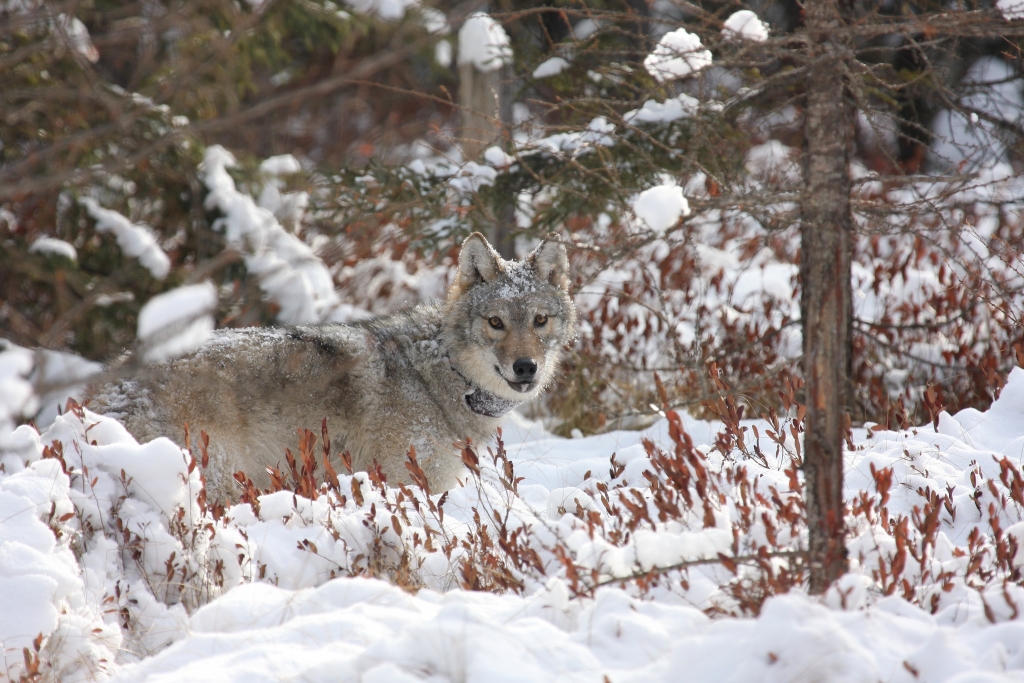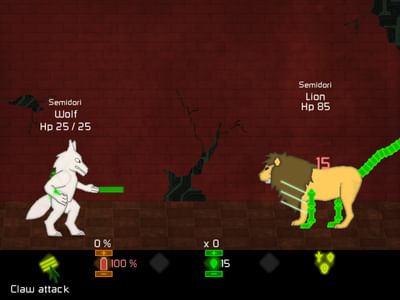

However, they look like big huskies and exhibit the drive, love for running, and stamina that huskies do, but, like many other wolf hybrids, they have quite an independent streak and assertive personalities. Kughsas – also known as Amerindian malamutes – are a hybrid breed with an enigmatic history.Īccounts of their precise origin vary from source to source, and none appear especially authoritative. Some are the product of dog-wolf hybridization, but others are simply dogs who’ve been selectively bred to resemble wolves. The eight breeds below all resemble wolves to varying degrees. This doesn’t make them wolves it just makes them look like wolves.īefore we get started looking at wolf-like breeds, check out this photo of an actual wolf to help calibrate your eye. In many ways, dogs are akin to wolf puppies, given their juvenile facial features, a predilection for play and vocal ways.ĭomestic dogs still possess much of the DNA that made them wolves in the first place, but most of these wolf-like traits have been “ switched off.” This means two things:ġ) Dogs and wolves can interbreed and produce fertile wolf-dog hybrids.Ģ) Some of these wolf-like traits can be “re-activated” through selective breeding efforts, which will make them resemble their wolf-like ancestors. No matter the precise phylogeny of the group, dogs and wolves are very closely related critters, who exhibit a number of similarities. However, recent research has muddied the waters a bit, and it appears that your beagle is more likely to be a cousin of gray wolves, as they evolved directly from a now-extinct ancestor of living wolves. But, it’s important to note that dogs and wolves are closely related species, who share common ancestors.įor a long time, domestic dogs ( Canis familiaris) were considered the direct descendants of gray wolves ( Canis lupus). I’m guessing that you clicked on this article because you want a dog that looks like a wolf, and you aren’t interested in a biology lesson about canine evolution and taxonomy.

While we all may dream of having our own direwolf that we share a spiritual connection with, most people will have to settle for a domestic dog that looks simply like a wolf.įortunately, there are a handful that do superficially resemble wolves, without representing the danger and difficulty that a pet wolf would.

While wolves are not vicious animals, they are too intelligent, wary, independent, and predatory to be considered good pets for the average animal lover. Were it legal (and in the animals’ best interest) to do so, I’d already have a pack of African wild dogs living in my home (though I’m sure my Rottie – not to mention my wife – would strongly reject this idea).īut unfortunately for those who like wolves, 175-pound apex predators are not exactly well-suited for life in the suburbs. As someone who has spent the bulk of his life caring for non-domestic animals, I certainly get the appeal of wolves and other wild canines.


 0 kommentar(er)
0 kommentar(er)
